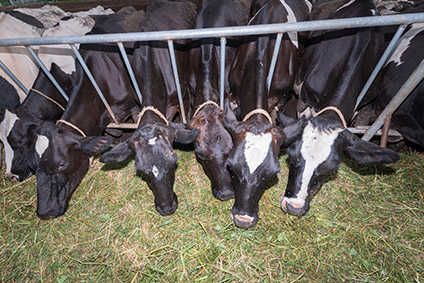
Chile is set to re-open its market to imports of beef from the European Union following an agreement on definitions of meat marketing standards, the European Commission said yesterday (8 March).
The EU has not been able to export beef meat to Chile in recent years because of “specific requirements” set out in Chilean law that differ from those in the EU, the Commission said. Chile required meat cuts “to be in accordance with a specific nomenclature and classification of bovine carcasses”, which differed to EU terminology and criteria.

Discover B2B Marketing That Performs
Combine business intelligence and editorial excellence to reach engaged professionals across 36 leading media platforms.
A Commission spokesperson told just-food Chile’s specifications dated back to the BSE epidemic of the 1990s.
However, both sides have now “agreed on a correlation between Chilean and EU names for the cuts and classification of the carcasses”, the Commission said.
The newly-agreed definitions of meat marketing standards were published on 7 March in the Chilean Official Journal, which the Commission said meant “the prospect of seeing EU beef exports to Chile took a decisive step forward”.
“Although not traditionally a major export market for EU beef, EU exporters could find Chile a potential new outlet for their veal exports,” the Commission said.

US Tariffs are shifting - will you react or anticipate?
Don’t let policy changes catch you off guard. Stay proactive with real-time data and expert analysis.
By GlobalDataThe announcement comes as the EU and Chile are looking to update an association agreement in place since 2002 “to foster further cooperation and trade and investment flows”.
According to the Commission, EU exports of beef in 2016 amounted to 702,883 tonnes in carcass weight equivalent – an overall increase of 17.9% compared to 2015. Turkey was the biggest export market (10% of total exports) followed by Hong Kong, Lebanon and Israel.
Earlier this week, the EU’s Council of Ministers approved a deal that will see the trading bloc and Chile recognise each other’s rules on organic certification.





